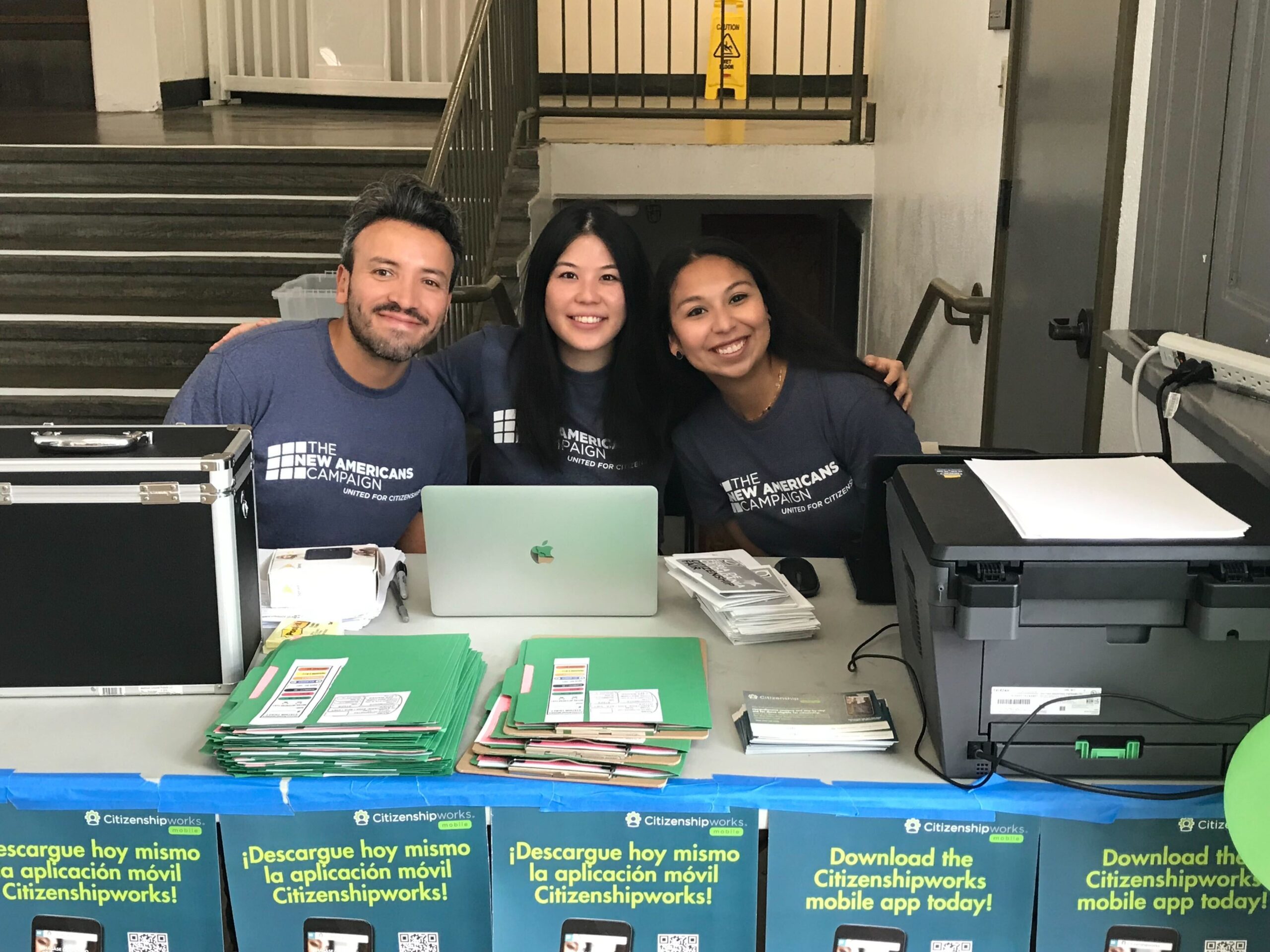This summer, Congress passed H.R. 1 – sweeping legislation that is reshaping who has access to health insurance, disability support services and food assistance. Combined with drastic cuts to the federal workforce and the government shutdown, these measures have made accessing and retaining critical benefits even harder.
For millions of hardworking families, the results are stark:
- Rising affordability challenges as Medicaid and Affordable Care Act (ACA) support shrink, leaving more people facing unaffordable care.
- New barriers to food and housing stability, as work requirements tighten and states lose the ability to waive them in struggling communities.
- Widening justice gaps, as those cut off from benefits must navigate confusing systems alone.
For those already living paycheck to paycheck, these changes mean impossible choices: paying rent or putting food on the table, filling a prescription or covering a utility bill.
At Pro Bono Net, we know what happens when the safety net is stripped away – it forces people into the legal system to fight for health care, housing, food, and financial security.
Our LawHelp program connects people to free legal information, referrals to trusted legal aid programs, and self-advocacy tools. Through our 16-state network, we help over 20,000 people every day navigate pressing issues from family safety and housing stability to unemployment and food insecurity, ensuring that no one faces these battles alone.
Today, more people than ever will need LawHelp to understand their rights and find help. And they’ll need us – and you – to make sure they don’t fall through the cracks.
Your support powers this legal lifeline. Together, we can ensure that those hardest hit by these cuts are not left without options or hope.













